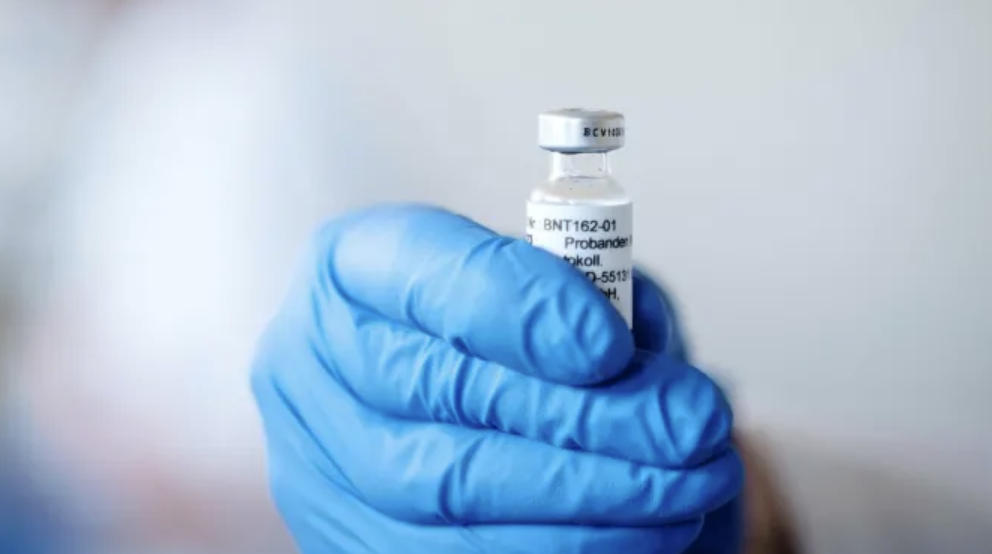US Strikes $2 Billion Deal To Buy COVID-19 Vaccine From Pfizer
Tyler Durden
Wed, 07/22/2020 – 07:35
In the latest deal involving a (clearly anxious) government and a (clearly greedy) pharmaceutical giant peddling an as-yet-unfinished remedy or vaccine, the US Department of Health and Human Services and the DoD have announced a deal with Pfizer to buy 100 million doses of a vaccine candidate – once it has been tested and approved and all that.
We received the latest update from German biotech firm BioNTech and US-based Pfizer, who are jointly developing a vaccine, earlier this week. They released the results of an early-stage trial purporting to establish that the vaccine is safe for human consumption. The virus remains on track to begin anticipated Phase 2B/3 safety and efficacy trial later in July. The US government has pledged $1.95 billion for an initial order of 100 million doses of the vaccine.
The deal also includes an option for the government to purchase an additional 500 million doses, contingent on the drug being granted regulatory approval.
The US government said it aims to make the vaccine free to all Americans.
We expect to learn more about the “arrangement” when DHHS Secretary Alex Azar joins the “Squawk Box” crew for an interview in an hour.
As the FT reminds us, several governments have signed agreements with some of the 24 groups currently testing a coronavirus vaccine on humans, including the candidate being developed by Oxford University in partnership with AstraZeneca.
Here’s more on the history of governments striking vaccine deals. In the UK, HMG was aiming to strike deals to distribute each of the four main vaccine technologies being explored. These include: genetic vaccines, viral vectors, inactivated whole virus and protein-based vaccines.
The US move comes after the UK government ordered 30m doses of BioNTech’s vaccine and 60m doses of another vaccine from Valneva of France, which is less advanced in clinical development. But it did not disclose financial details of the agreements. Kate Bingham, head of UK government’s vaccines task force, said the country was aiming for a total of at least eight deals — two for each of the four main vaccine technologies (genetic vaccines, viral vectors, inactivated whole virus and protein-based vaccines). “We initially talked to the government about going up to 12 vaccines but it’s more likely to around eight, at least initially,” said Ms Bingham. “That would give us a broad and diverse portfolio.” Ugur Sahin, co-founder and chief executive of BioNTech, said: “We are also in advanced discussions with multiple other government bodies and we hope to announce additional supply agreements soon.” BioNTech said it had also expressed an interest in supplying the COVAX programme, which aims to enable equitable access to a vaccine. It is run by Gavi, the Coalition for Epidemic Preparedness Innovations (Cepi), and the World Health Organization. The Mainz-based company is one of several using messenger RNA (mRNA) technology to develop a Covid-19 vaccine — a process that is faster than traditional methods. However, there is as yet no certified mRNA product on the market.
Though most other details haven’t revealed the price per dose. The White House’s “Operation Warp Speed” aims to deliver 300 million doses of a certified vaccine by January. The program has already spent more than $2 billion on investments in vaccines being developed by Moderna and JNJ.
